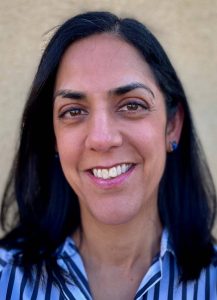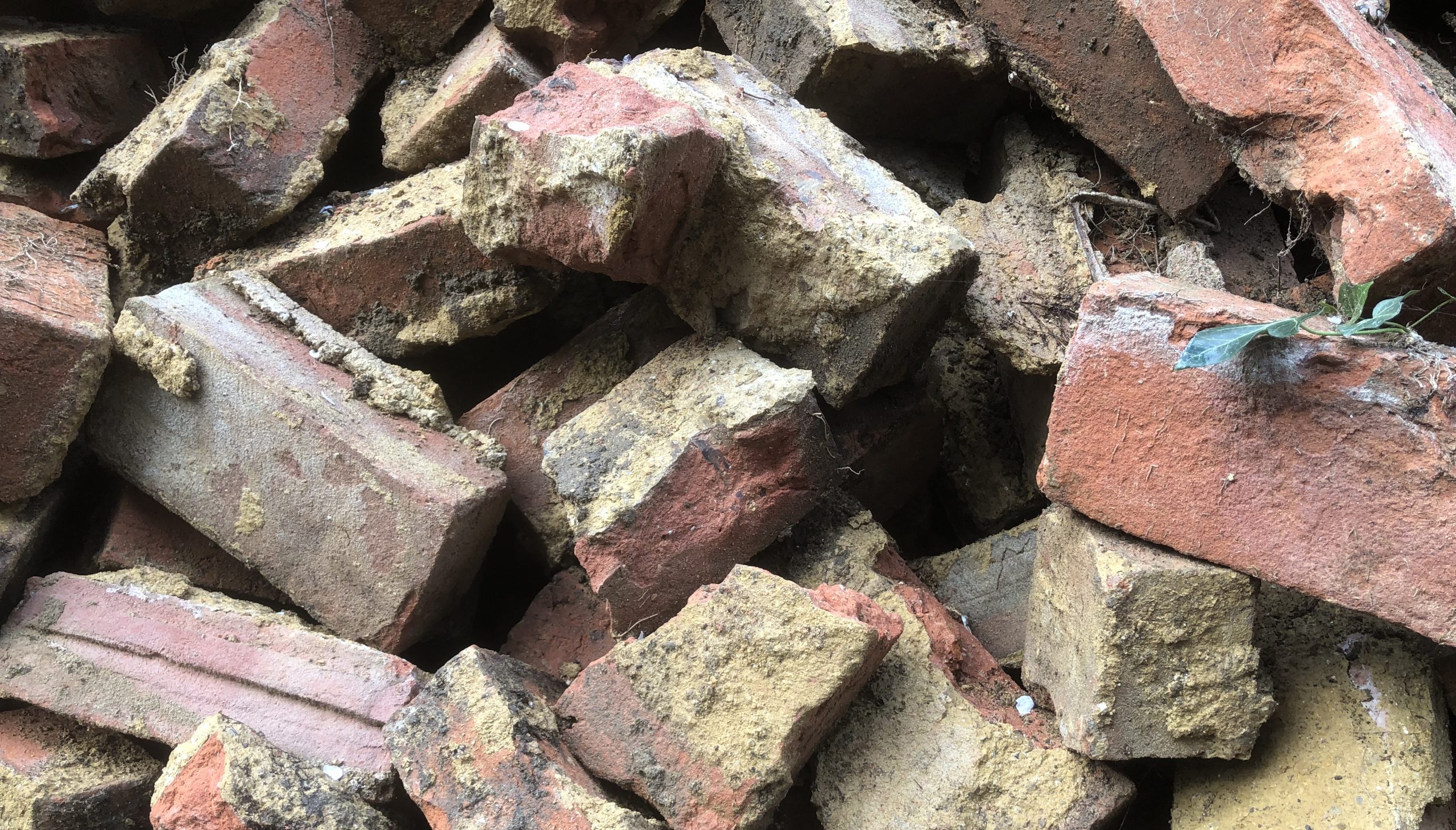 Nada Khan is an Exeter-based NIHR Academic Clinical Fellow in general practice and GPST4/registrar, and an Associate Editor at the BJGP. She is on Twitter: @nadafkhan
Nada Khan is an Exeter-based NIHR Academic Clinical Fellow in general practice and GPST4/registrar, and an Associate Editor at the BJGP. She is on Twitter: @nadafkhan
It is a scandal that in our society, the rich are getting richer and healthier, whilst the poor are getting poorer and dying younger. The Marmot ’10 Years On’ Review showed that not only have improvements in the social gradient of life expectancy stalled in England, that it worsened in the period between 2010-12 to 2016-2018. Women in the most deprived 10 percent of areas are dying younger than they were in 2010. As noted in the review, ‘if health has stopped improving it is a sign that society has stopped improving’.1
It is a scandal that in our society, the rich are getting richer and healthier, whilst the poor are getting poorer and dying younger.
The Covid pandemic has worsened existing inequity and created new socio-economic disparities that are only being exacerbated by the cost of living crisis. COVID-19 was a discriminatory virus, disproportionately infecting and killing people in the Black and South Asian communities during the first wave. These groups are also disproportionately represented in high-risk occupations and more likely to be living in deprived areas with comorbid disease, factors themselves that are the result of inequalities and structural racism. It feels sometimes like we are trapped in a self-perpetuating hamster wheel driving society towards more inequity and poorer health outcomes. As Mark Riley wrote for BJGP Life, ‘the impact of health inequalities we witness now in the Covid-19 pandemic are an indictment of society’s efforts to tackle them’.
In 2020, Sir Michael Marmot and his team at the Institute of Health Equity published ‘Build Back Fairer’ to examine how the Covid pandemic affected health inequalities in England.2 The findings of the Build Back Fairer report in terms of inequity and Covid are stark. The same key messages are echoed throughout the report: low income and non-White households were already struggling, and the Covid pandemic has exacerbated financial and health inequality. The pandemic led to declining incomes, worsening the financial positions of many households already experiencing financial instability and leading to rapid increases in food poverty and homelessness. Our politicians seem focussed on selling us a story that we did well during the Covid pandemic, that our vaccination programme was ‘world leading’, but the reality is that England had one of the highest mortality rates in Europe from Covid, and is suffering badly in terms of the economic and societal repercussions.
…the reality is that England had one of the highest mortality rates in Europe from Covid, and is suffering badly in terms of the economic and societal repercussions.
Can the pandemic act as a pivot point to make a real change to these embedded inequities in our society? The Build Back Fairer report challenges us to ask ourselves what kind of society we want to build post-Covid. It shouldn’t be a missed opportunity to promote health and reduce social inequity amongst the most vulnerable.
What are the take-home messages from Build Back Fairer for GPs and GP commissioners? Short answer: equity needs to be at the heart of what we do. Longer answer: reducing health inequalities require long-term strategic policies at the practice, primary care network and Integrated Care Systems (ICS) level with equity as the focus.
To reduce inequalities In the short and medium term, the Build Back Fairer report encourages us to consider proportionate allocation of measures to prevent Covid, including vaccination and support to people in high risk occupations or geographical areas. Practices can become more involved with tackling the causes of social inequality through, for example, social prescribing.
At the level of the GP and patient interaction, I have written here in BJGP Life about making food and fuel poverty visible. It is also worth re-reading this piece here in BJGP Life by Will Mackintosh, who views our consultations with patients as the ‘basic unit’ to conceptualise health inequalities and patient freedom. But above all this, is it time for GPs to think more closely about their role as public health leaders and to take a more active role to advocate for political change?
We talk about getting back to normal, but we need to remember that our ‘normal’ society pre-Covid was inequitable, systemically racist and unfair. As noted in Build Back Fairer, ‘normal is not acceptable if that means where we were in February 2020’.2 I balk when writing things that involve sentiments like ‘we should do’ or ‘we need to’; we are all tired, overworked and managing heavy clinical burdens. But what is our alternative when the most underserved and underprivileged people in our society are getting poorer, and dying younger than they were ten years ago? It is a scandal. And I hope we take up the challenge posed to us in ‘Build Back Fairer’ to ask ourselves: what kind of society do we want to live in?
References
- Marmot MA, J.; Boyce, T.; Goldblatt, P.; Morrison, J. Health equity in England: The Marmot review 10 years on London: Institute of Health Equity; 2020.
- Marmot MA, J.; Goldblatt, P.; Herd, E.; Morrison, J. Build back fairer: The Covid-19 Marmot review. London: Institute of Health Quity; 2020.
Featured image: Bricks from demolition, taken by Andrew Papanikitas 2022






